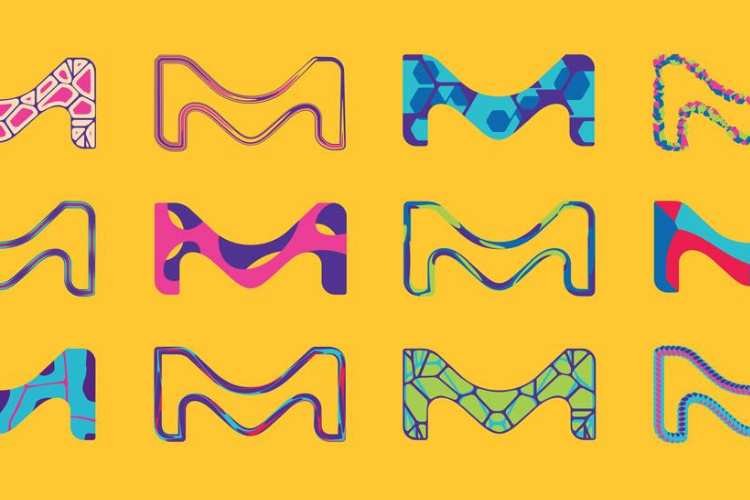Merck KGaA continues to embrace the realm of artificial intelligence (AI), with a fresh development in its collaboration with Quris-AI. After recently announcing two new AI partnerships, Merck is now expanding its project focused on drug toxicity prediction with Quris-AI.
This collaboration commenced early last year when Merck joined forces with Quris to evaluate its BioAI safety prediction platform in comparison to traditional in vitro and in vivo methods. The goal was to determine whether a platform combining miniaturized human tissues on a chip, nanosensing technology, and machine learning could effectively predict the safety of drug candidates for human use.
Also Read: Deep Genomics Unveils BigRNA, A Powerful AI Model For RNA Biology And Therapeutics
Nearly nineteen months later, Merck is sufficiently encouraged by the progress to extend its partnership with Quris. The expanded agreement empowers Merck to leverage BioAI for the identification of liver toxicity risks associated with a selection of drug candidates. Additionally, it grants Merck the option of obtaining an exclusive license for this technology in a specific disease domain for a period of up to five years.
Danny Bar-Zohar, Global Head of R&D and Chief Medical Officer for Merck’s healthcare division, elaborated on the rationale behind this collaboration. He emphasized that the initial collaboration’s outcomes have illuminated a path toward “an AI-enabled IND process that reduces the reliance on animal testing.” Bar-Zohar also noted that enhancing the R&D process could lead to “significant time and cost savings.”
Also Read: First Patient Receives BCI-Enabled Neurostimulator To Restore Arm Function
Merck’s deepening engagement with Quris follows an impressive demonstration of the BioAI platform’s capabilities. Notably, it accurately predicted the drug responsible for drug-induced liver injury in a preclinical pilot study. Quris promotes its platform as a means to streamline drug development, reduce costs, and circumvent the potential setbacks associated with traditional animal testing.
The assertions regarding AI’s impact on expediting drug development and reducing costs resonate with similar claims made by other companies applying AI throughout the R&D process. Merck has recently cemented its commitment to the AI arena by entering agreements with BenevolentAI and Exscientia, collectively valued at over $30 million upfront and potentially reaching $1 billion in milestone payments. These partnerships underscore Merck’s dedication to leveraging AI to advance drug discovery and development.





























